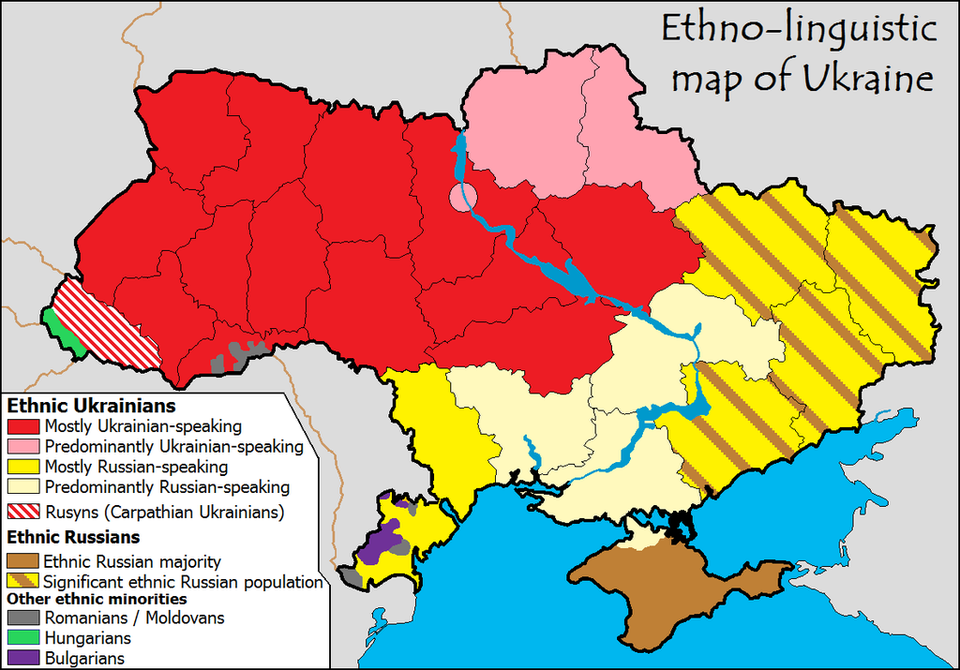I think translators need an oath, like doctors have the Hippocratic. Here’s my draft:
I undertake this craft understanding that I cannot succeed. No translation will ever convey more than a faint hint of the original.
I vow that first I will do no harm: I will not intentionally misrepresent my author.
I vow that I will not attempt to make my author more familiar or comfortable to my contemporaries. This is a lemma of the vow above.
I promise to be as literal as I possibly can.
I promise to be as plain-spoken as I possibly can in the language I’m translating into. Subject to the following clause:
I promise to observe the register. When my author is hieratic, I promise not to be demotic.
I vow, on pain of eternal torment, and the worm that dieth not, and the inextinguishable fire, to make no contemporary reference.
Recognizing that a precious old text has been entrusted to my unworthy hands; recognizing that all translation is vandalism; recognizing that the whole project is bullshit; I nevertheless take it on, in fear and trembling.
And let the congregation say Amen.


